Our task in tribulation
Written by H, Posted in Christian Living, Published Work
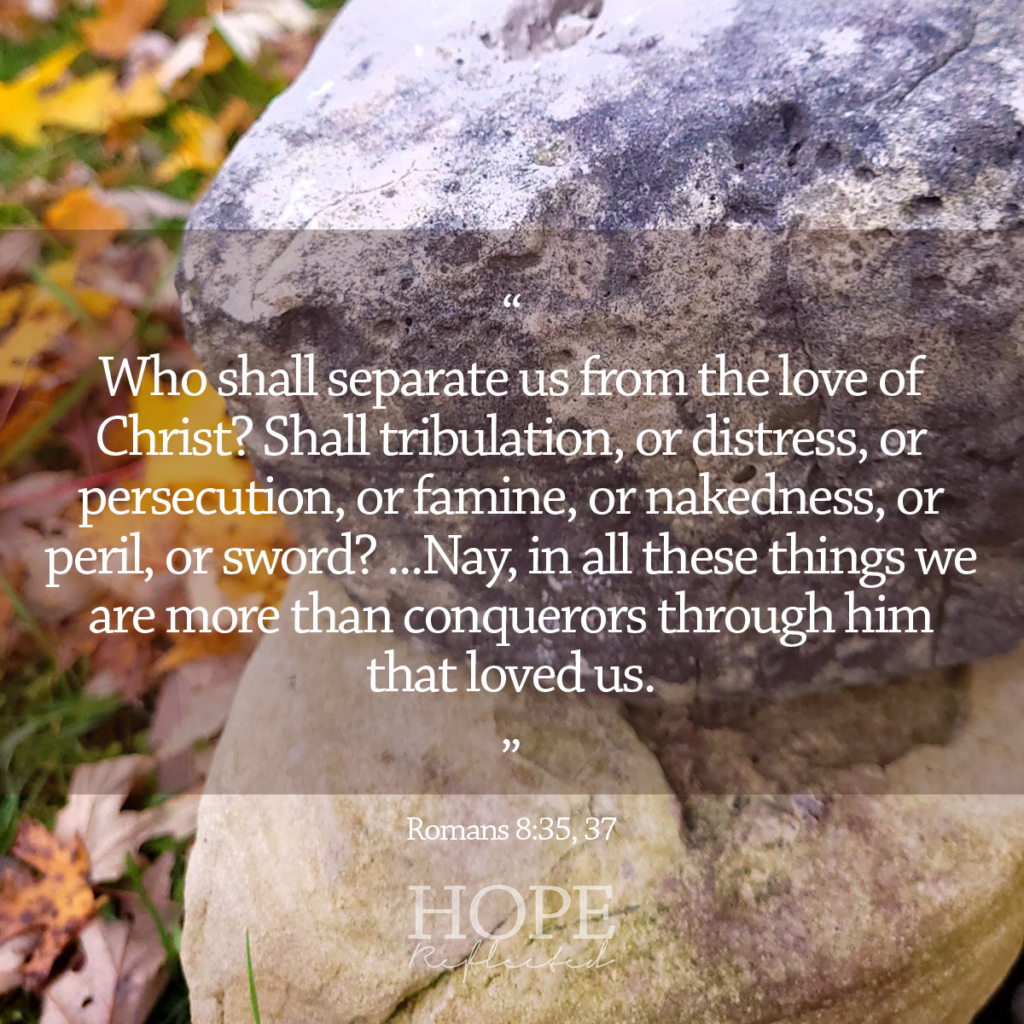
There’s only one way to be encouraged in tribulation
We should not endeavour to evade tribulation; we should expect tribulation in this life. In the Acts of the Apostles, we read that though they endured many trying times, they encouraged believers to continue in their faith and expect tribulation (Acts 14:21-22). Matthew Henry wrote that in our Christian walk, “we must count upon much tribulation, but it is encouragement that we shall not be lost and perish in it.” There is only one way to be encouraged in tribulation, and that is to keep our eyes on Christ.
Paul wrote in Romans that “we glory in tribulations also: knowing that tribulation worketh patience; and patience, experience; and experience, hope: And hope maketh not ashamed; because the love of God is shed abroad in our hearts by the Holy Ghost which is given unto us.” (Romans 5:3).
How Christ develops and grows our faith
Our task in tribulation is to glory in it, because through tribulation, Christ develops and grows our faith. Charles Spurgeon said that, “As God more fully equips your ship to sail in storms, He will send you on longer voyages to more boisterous seas, so that you may honour Him and increase in holy confidence.” Christ knew a storm was coming when He sent the disciples out to sea; He will not leave us helpless.
As we read in Romans 5 that tribulation works patience, this is another part of our task. We are to be patient. Jesus said that, “In your patience possess ye your souls.” (Luke 21:19). It is part of our Christian duty to be patient in tribulation, as Paul wrote in Romans 12:12. What a test, especially for those of us who so often struggle to rest in Him. “Only lovers of the Lord will hold out in the hour of trial;” Spurgeon said, “the rest will either sink or sulk, or slink back to the world.” In tribulation, we choose to either sit tight or sink.
Nothing can separate us from the love of God
Our task in tribulation may at times seem impossible, especially when we can’t see Christ through the storm. If we could only remember that through Christ we will overcome our obstacles. As Paul wrote, “Who shall separate us from the love of Christ? Shall tribulation, or distress, or persecution, or famine, or nakedness, or peril, or sword?… Nay, in all these things we are more than conquerors through him that loved us.” (Romans 8:35,37). Not even our most troubling tribulation can separate us from the love of God. This truth is what enables us to glory in tribulation and to be patient in it.
“There is no stumbling when a man walks with his eyes up to Jesus. He that looks at Christ walks safely.”
Charles Spurgeon
“CHRISTIAN! In all thy troubles, look unto God, and be saved. In all thy trials and afflictions, look unto Christ, and find deliverance. In all thine agony, in all thy repentance for thy guilt, look unto Christ, and find pardon. Remember to put thine eyes heavenward, and thine heart heavenward too. Bind round thyself a golden chain, and put one link of it in the staple of heaven. Look unto Christ; fear not. There is no stumbling when a man walks with his eyes up to Jesus. He that looks at Christ walks safely.” (Spurgeon).

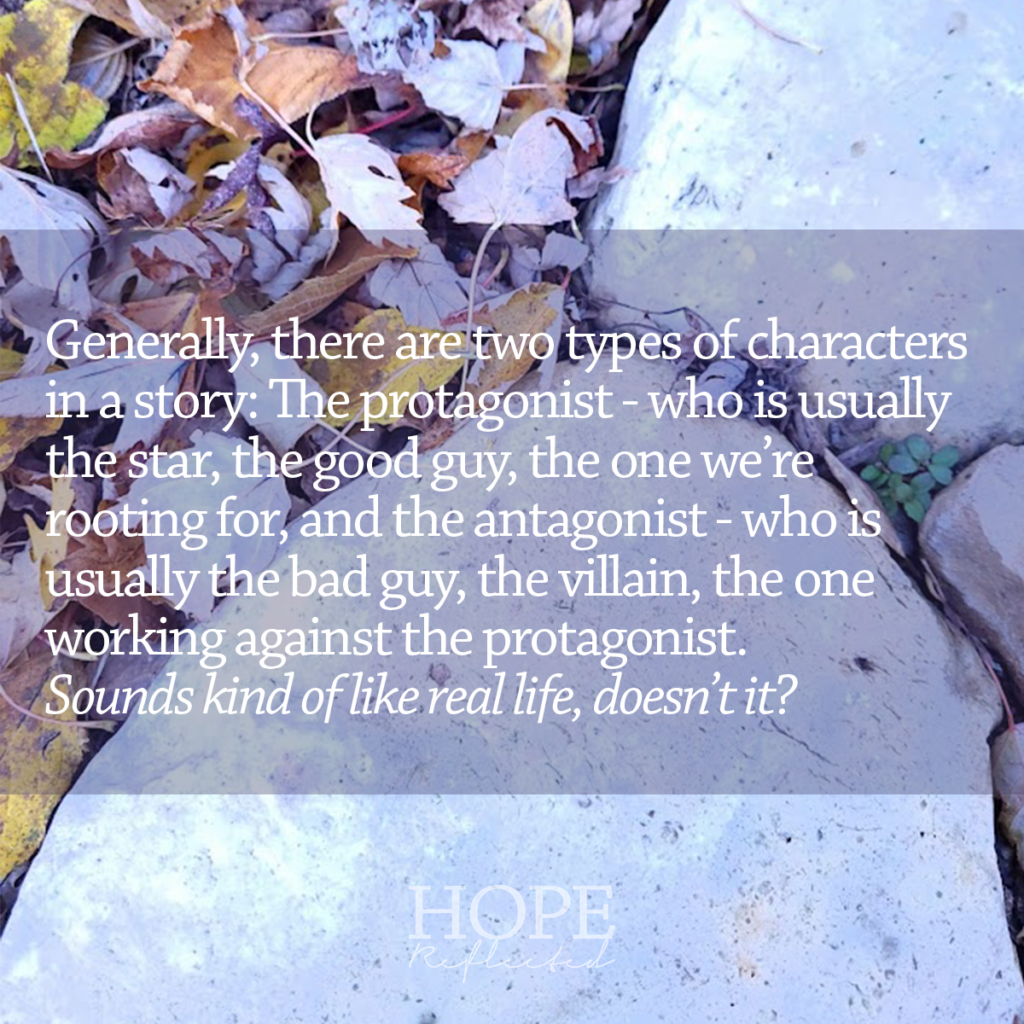
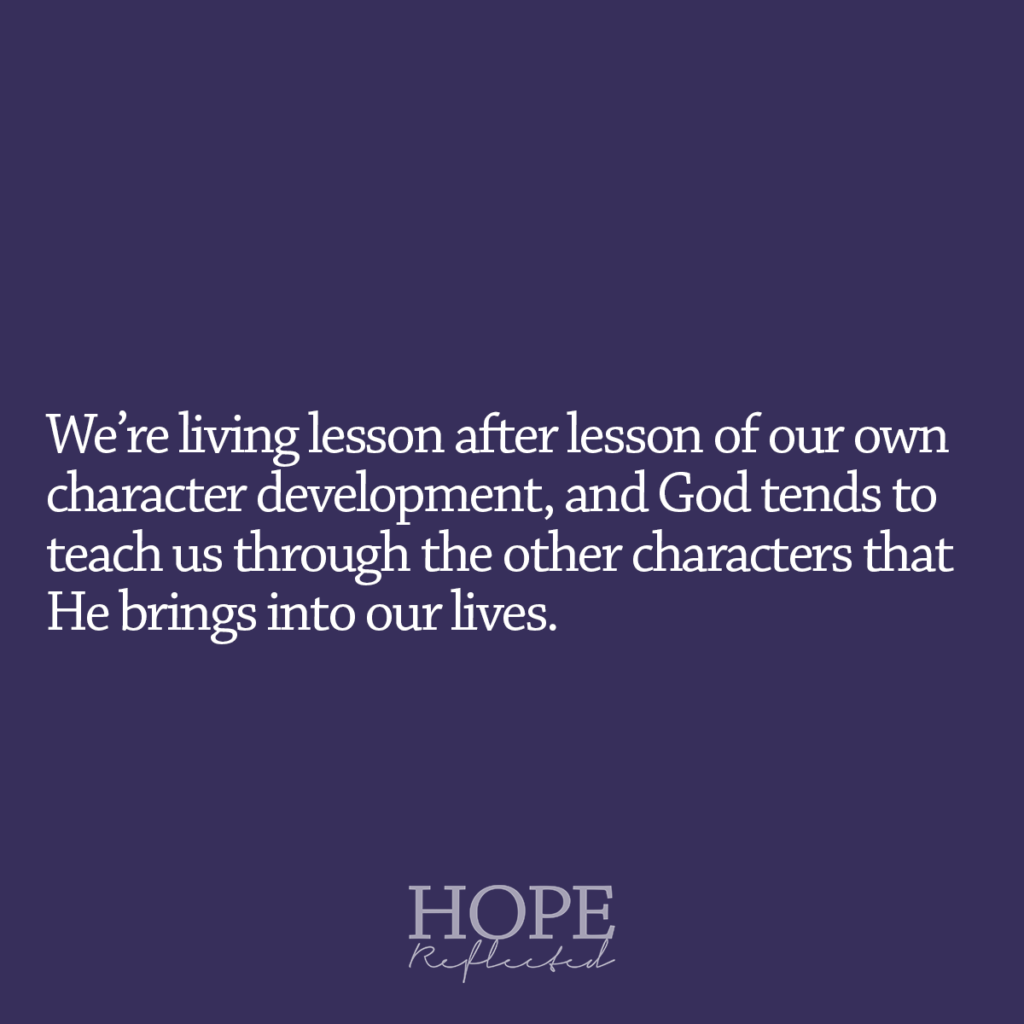



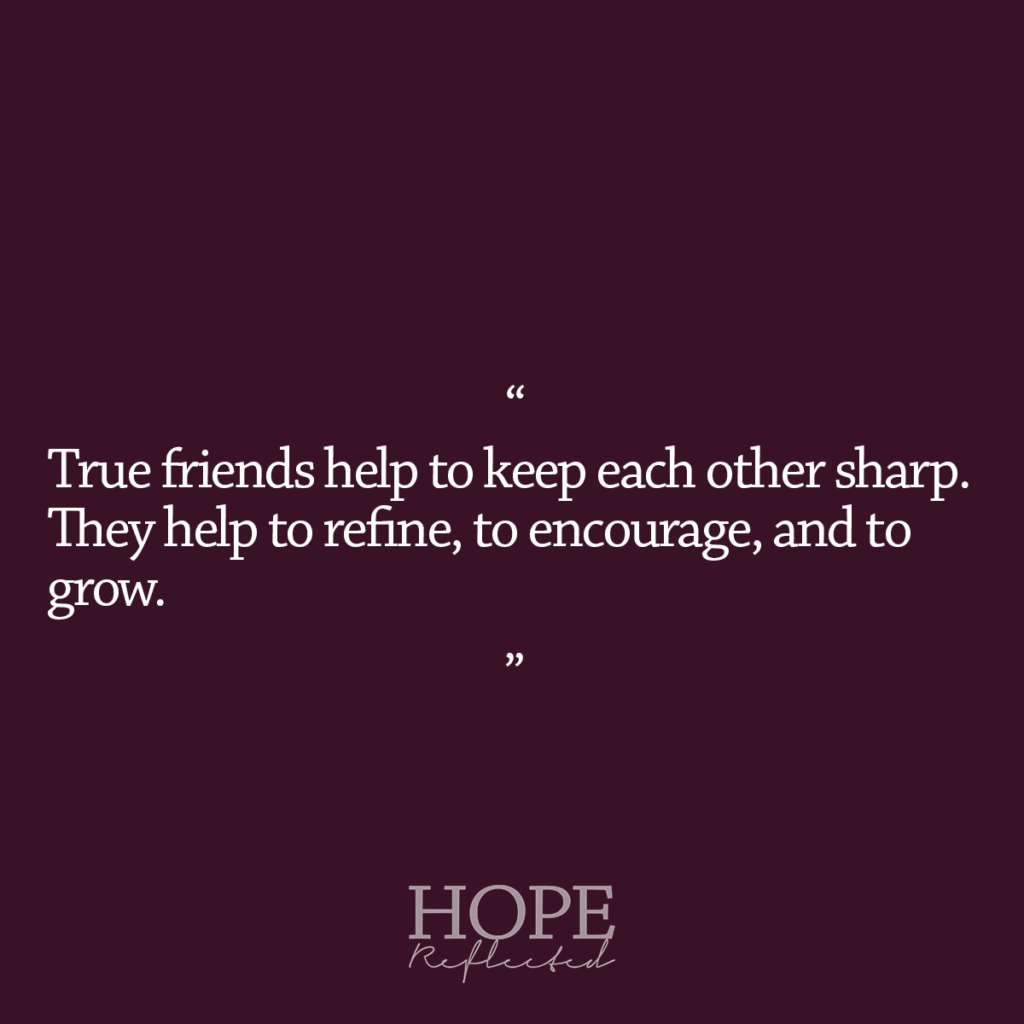

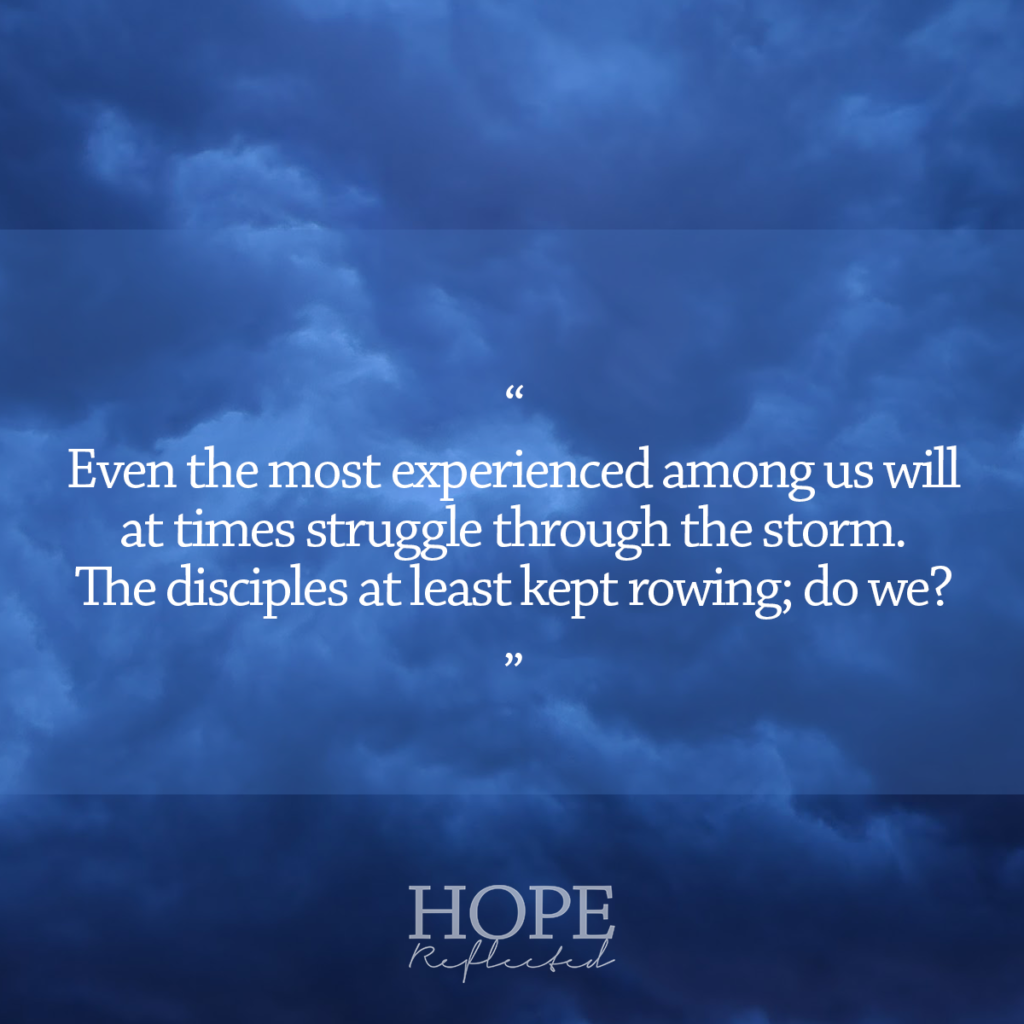
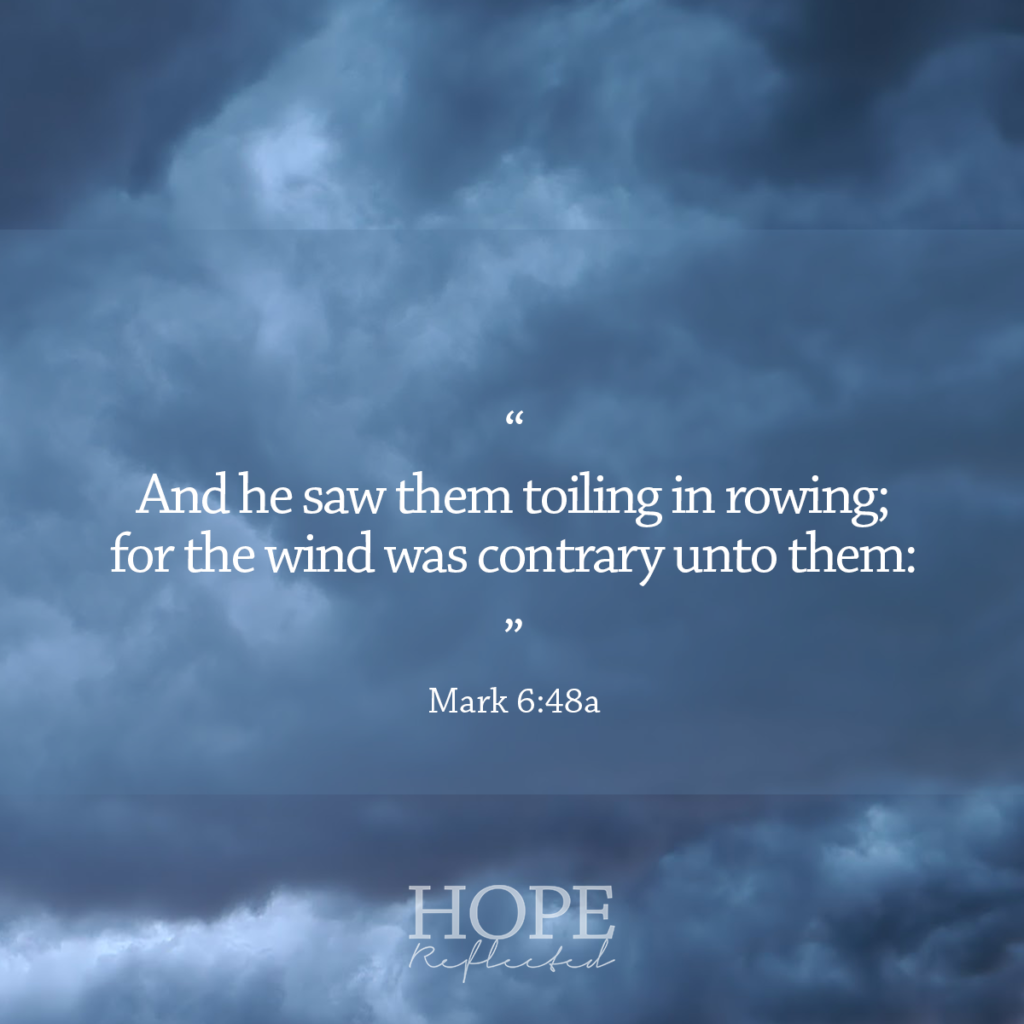
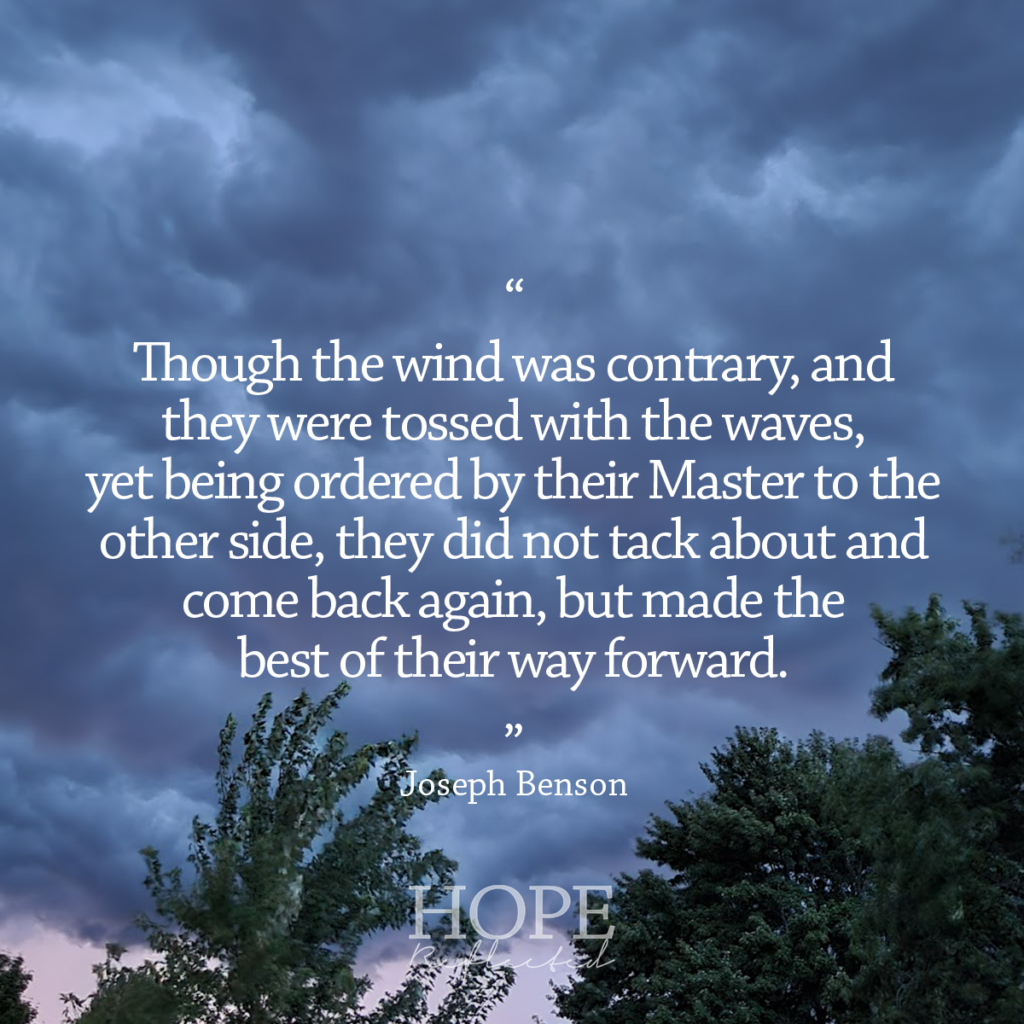
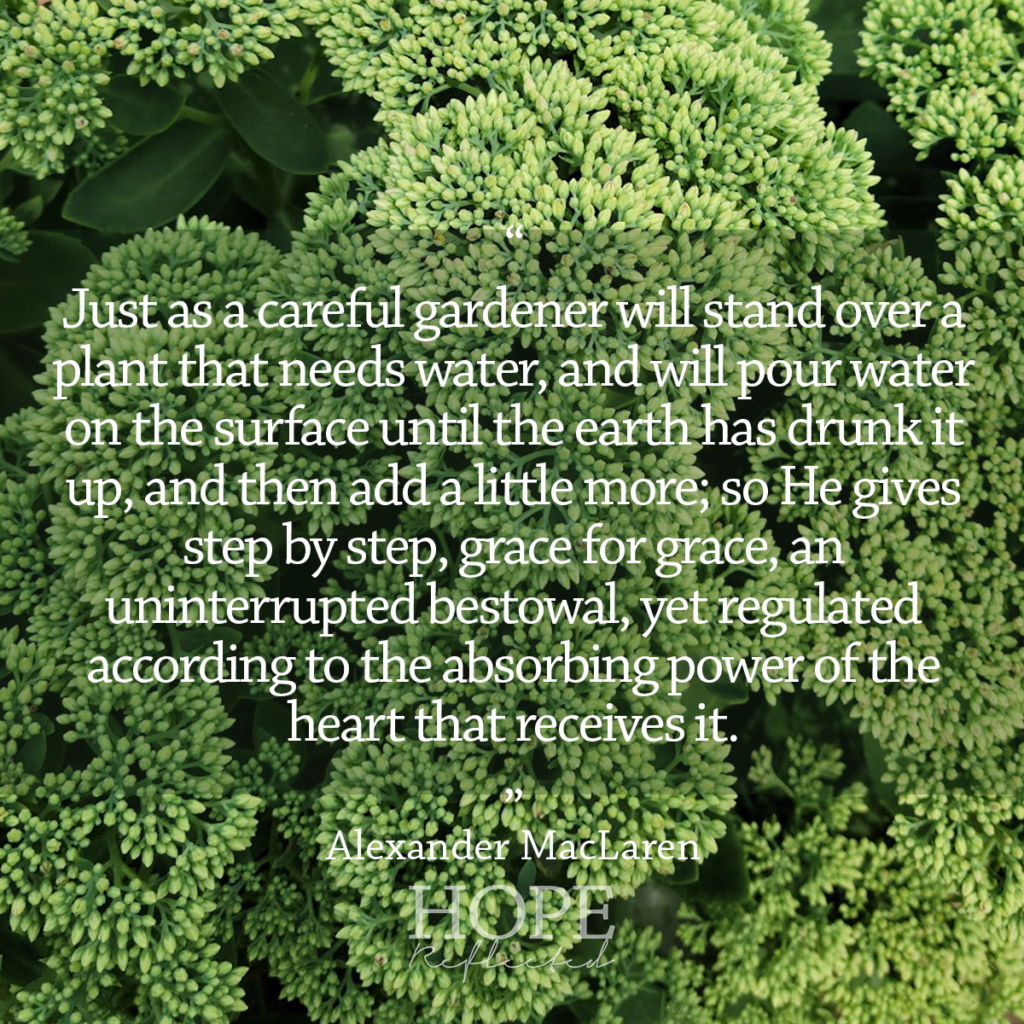

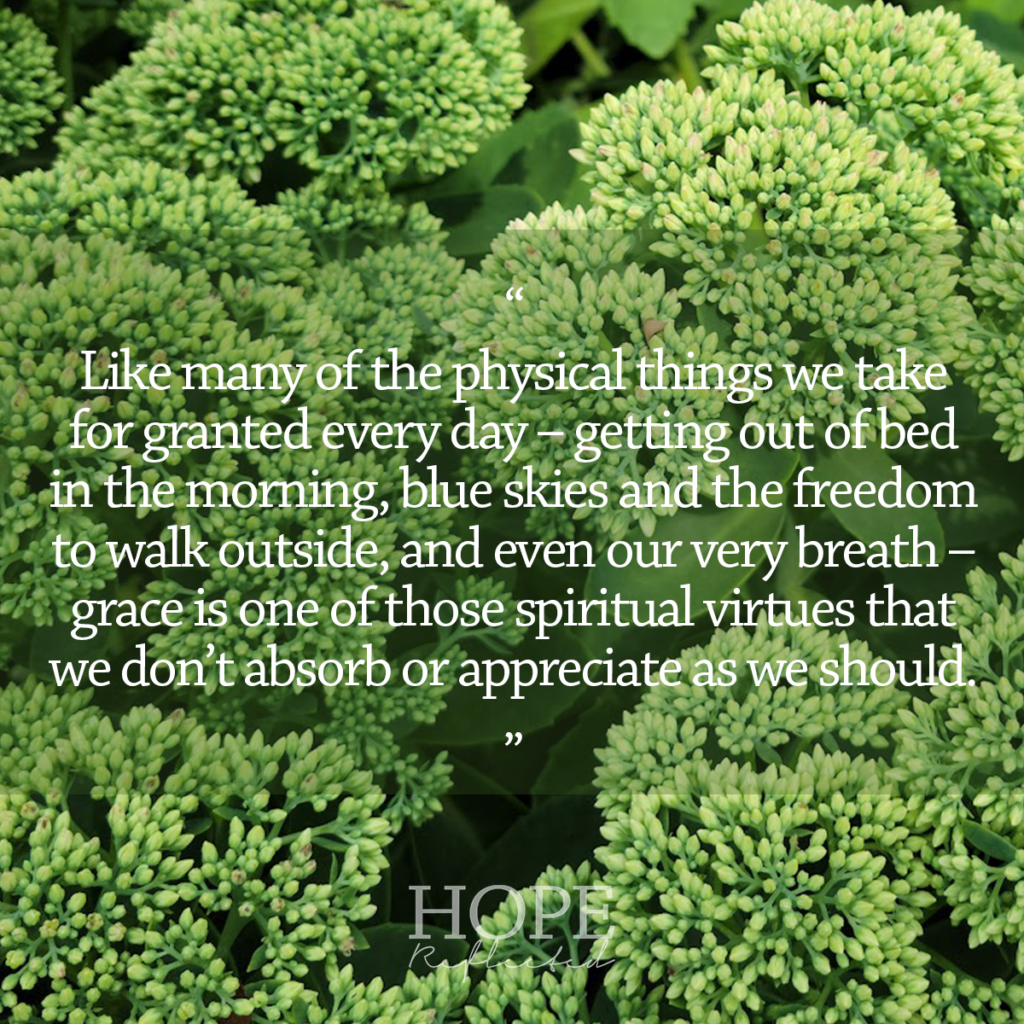
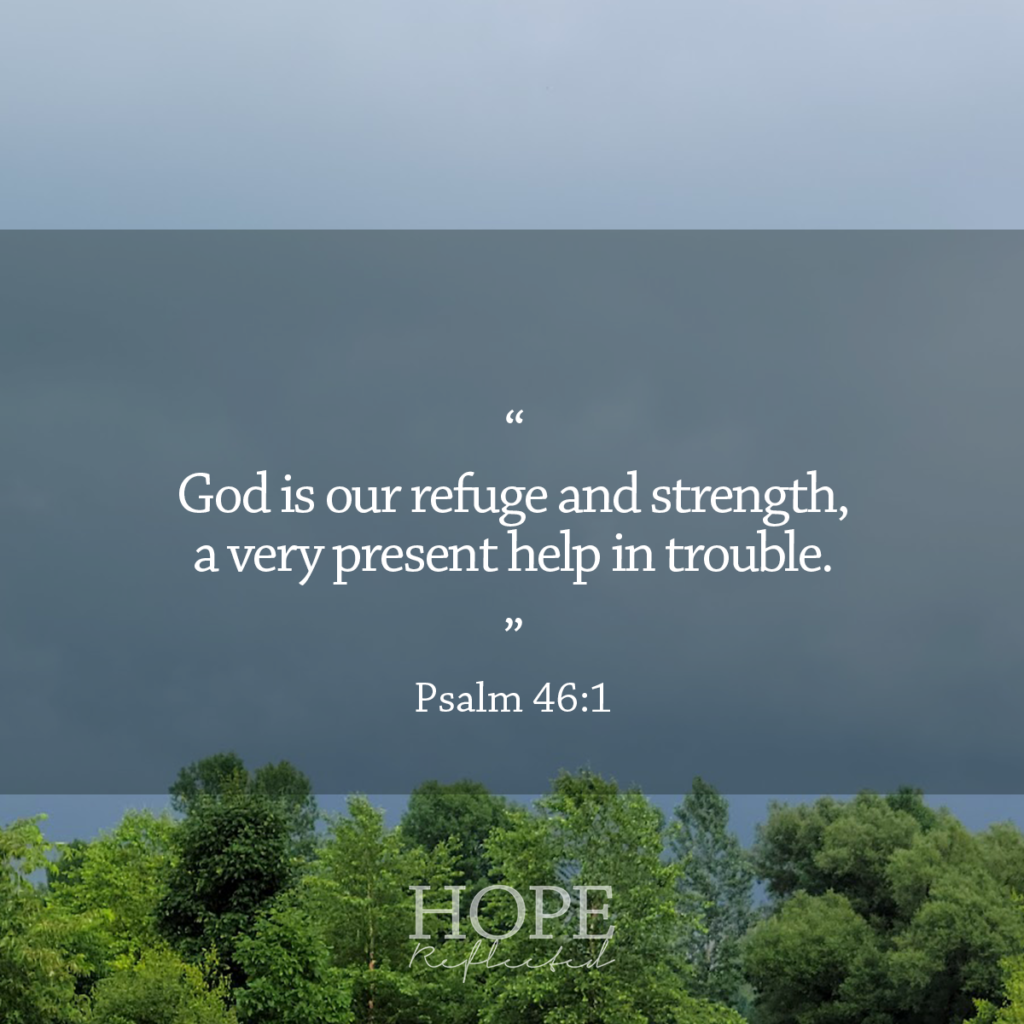



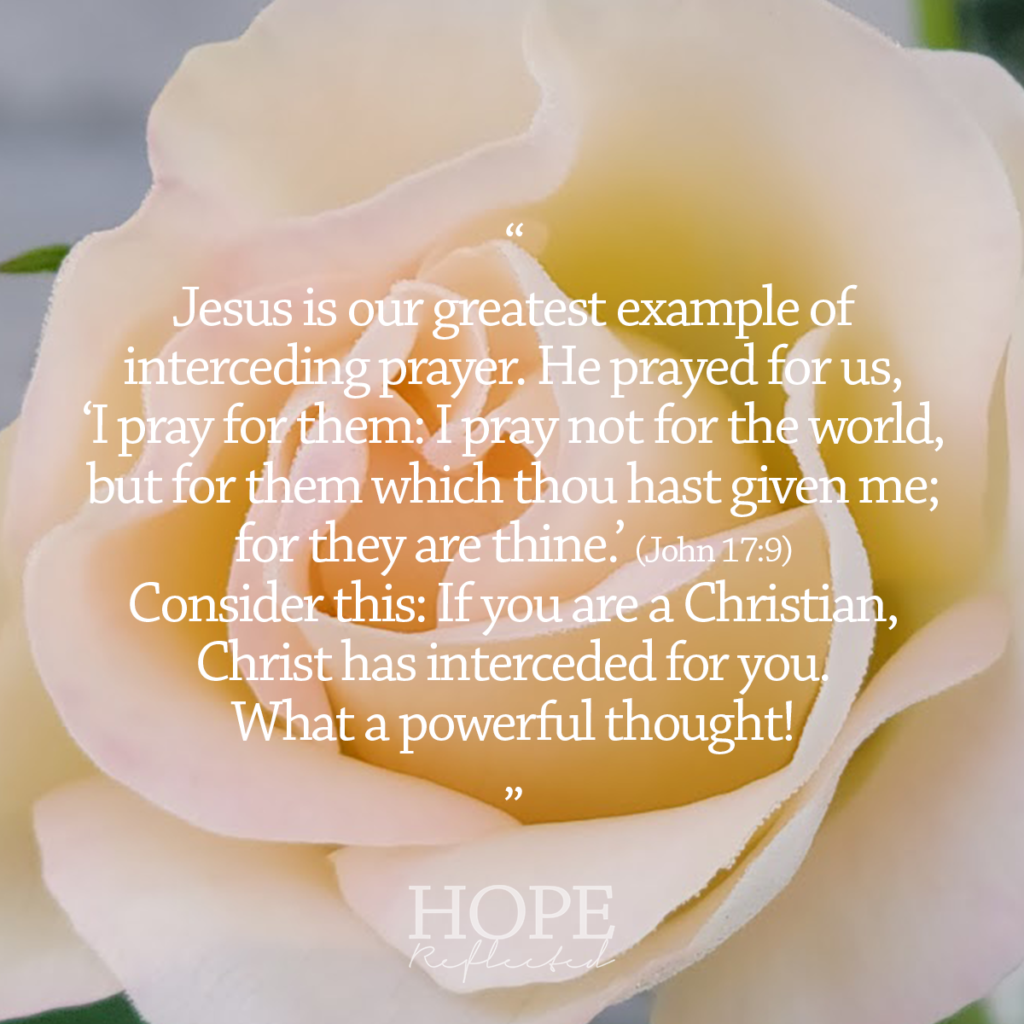
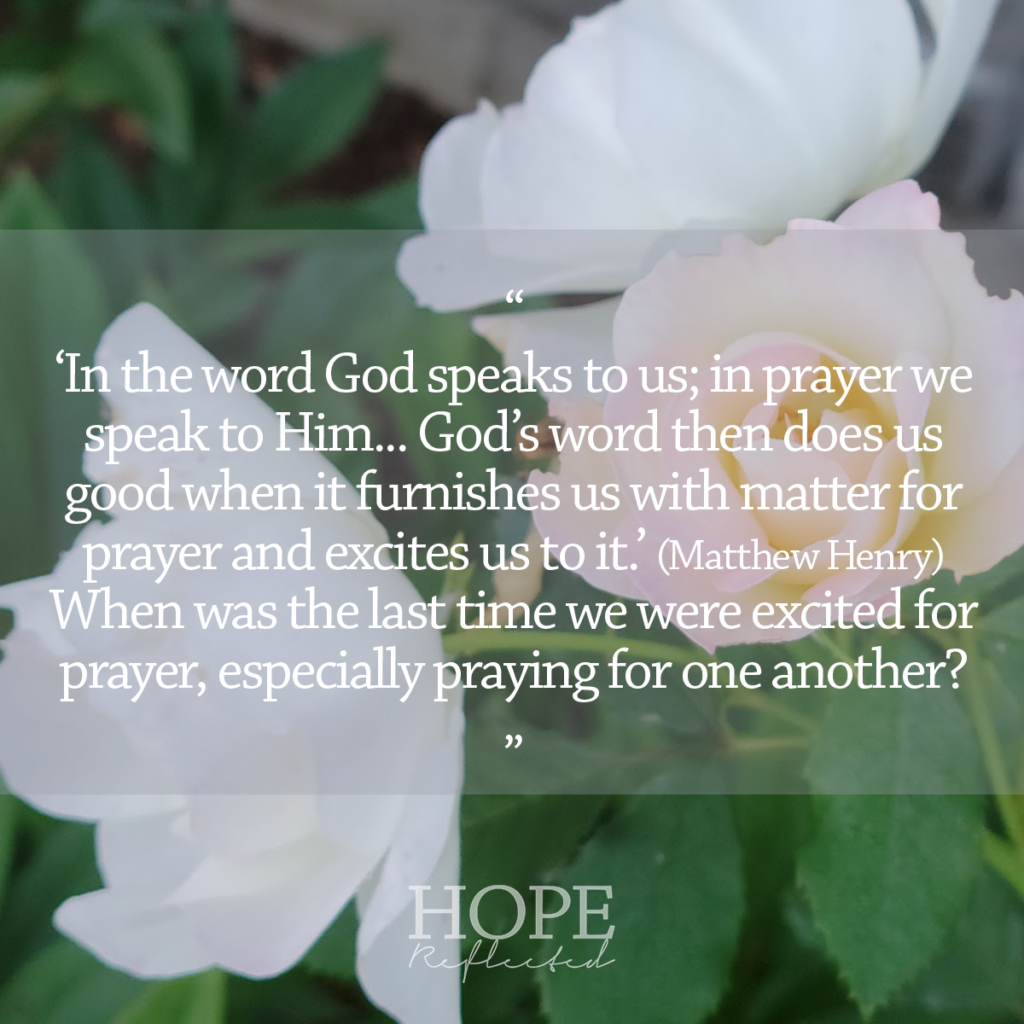
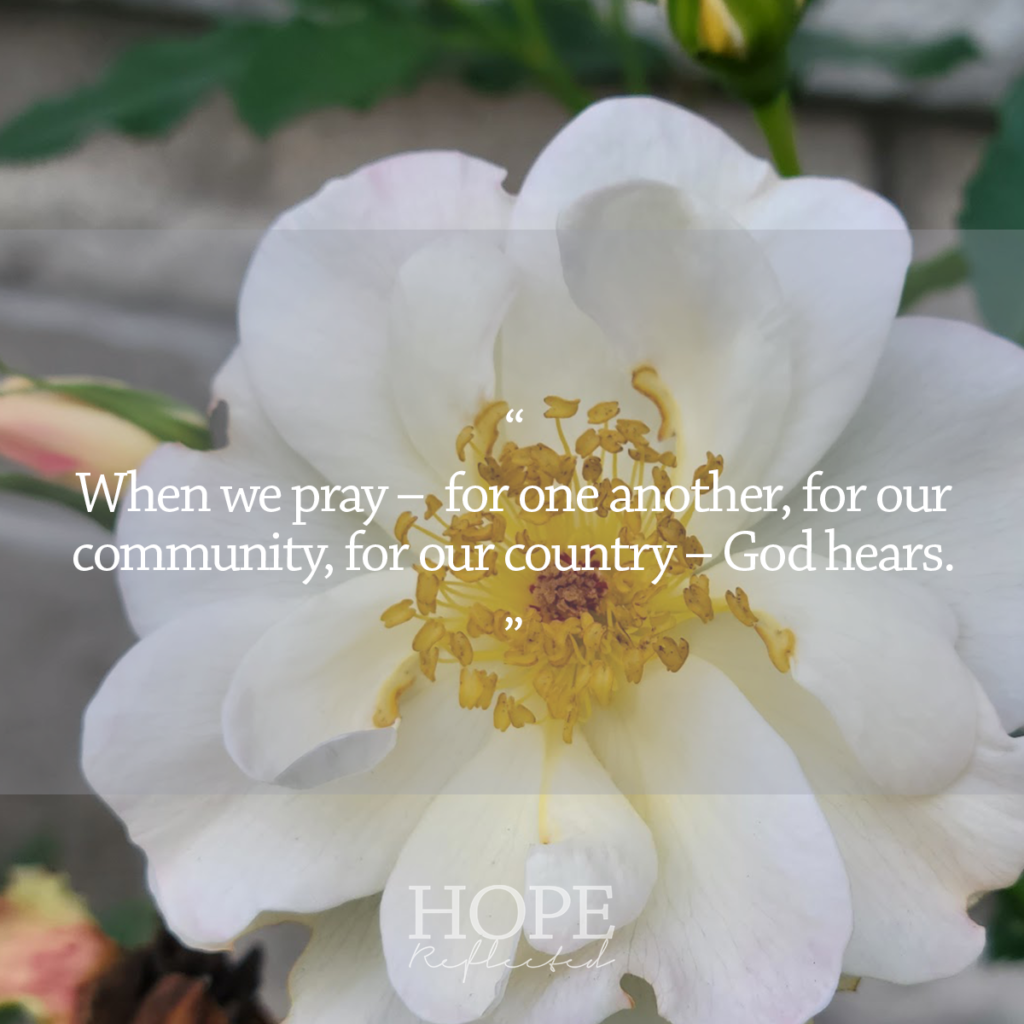
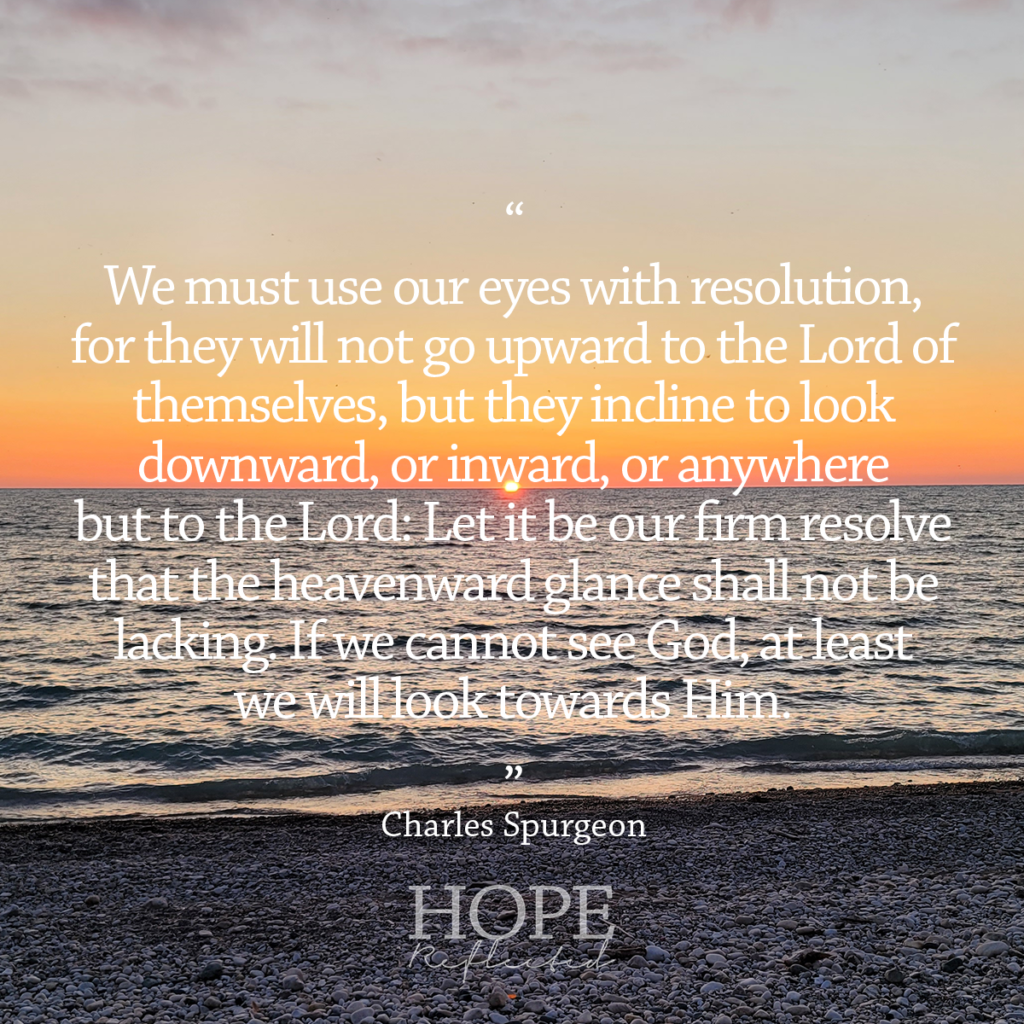

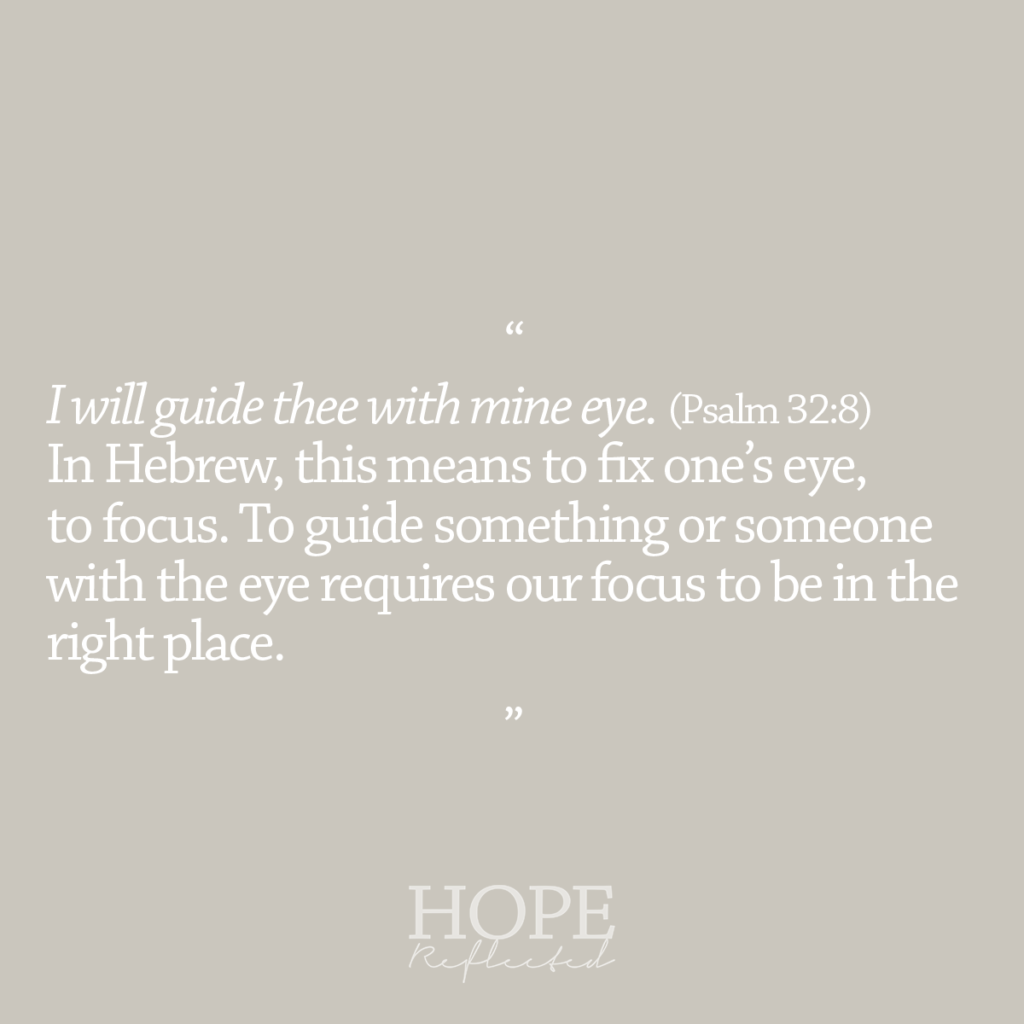

![False friends or counterfeit kindness; whatever you want to call it, the world is filled with people who will say one thing to your face and then another behind your back; people who will woo you in order to get something from you.
It’s sad, but it’s true.
The Bible provides us with examples from Joab to Judas, and yet, we’re surprised when we find ourselves deceived and hurt by someone else.
So what are some of the hallmarks of a true friend?
You can read more about this on hopereflected.com [Link in profile]
.
.
.
#friends #friendship #kindness #counterfeitkindness #hurt #proverbs #truefriends #hopereflected #blog #blogpost](https://www.hopereflected.com/wp-content/plugins/instagram-feed/img/placeholder.png)